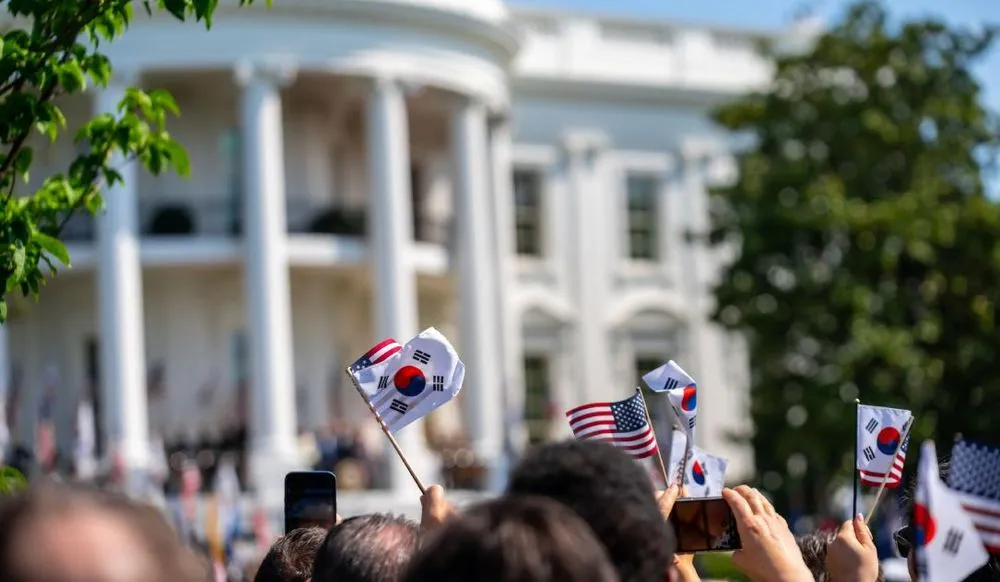South Korea, US agree to cooperate on cybersecurity and combating North Korean digital heists
South Korea and the U.S. announced Wednesday that they have committed to signing a cybersecurity cooperation agreement, citing concerns about North Korea funding its weapons programs with the proceeds of cybercrime.
In a joint statement released after South Korean President Yoon Suk Yeol’s visit to the White House, the two allies said they planned to establish a “Strategic Cybersecurity Cooperation Framework.” The agreement would involve working together to deter “cyber adversaries,” to secure critical infrastructure, combat cybercrime, “and secure cryptocurrency and blockchain applications.”
Yoon and U.S. President Joe Biden discussed North Korea’s “illicit cyber activities that fund its unlawful [weapons] and ballistic missile programs” and committed to “block its cyber-enabled revenue generation,” the statement said.
North Korea has long relied on its government-backed hacking groups to fund its weapons programs, launching audacious attacks on cryptocurrency exchanges and medical facilities. Its Lazarus Group was behind a $100 million theft in 2022 from the blockchain platform Horizon, the FBI determined. It was also behind the largest cryptocurrency theft on record — a $625 million heist of the Ronin Network blockchain last year.
Speaking on the White House lawn, Yoon said the two had discussed extending the countries’ longstanding defense pact to the digital sphere, as well as to space.
“President Biden and I agreed on getting the ball rolling on discussions about expanding our alliance into cyber and space by applying the mutual defense treaty in cyberspace and in space as well,” he said.
“We have also agreed that the strategic cybersecurity cooperation framework … will serve as the foundation on which we address cyber threats together and boost cooperation and information sharing, collection and analysis.”
Under the 70-year-old mutual defense treaty, each side commits to coming to the aid of the other in case of external attack.
In a separate joint statement, the two countries also outlined an agreement to cooperate in the development of quantum technologies, pledging research and data exchanges in the quantum field.
James Reddick
has worked as a journalist around the world, including in Lebanon and in Cambodia, where he was Deputy Managing Editor of The Phnom Penh Post. He is also a radio and podcast producer for outlets like Snap Judgment.


